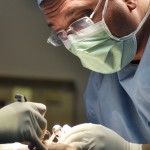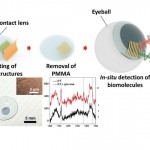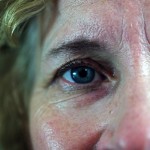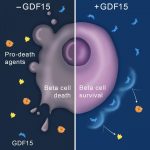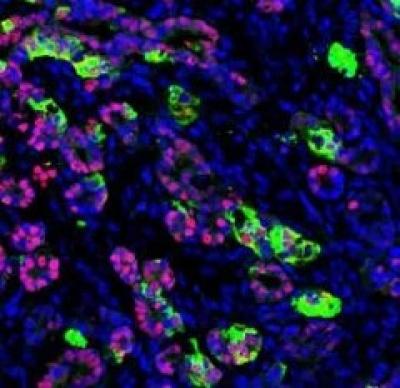Study Tests Oral Insulin to Prevent Type 1 Diabetes
University of Florida researchers have begun a clinical study of oral insulin to prevent or delay type 1 diabetes in people at risk for the disease.
Regeneration of Insulin-Producing Islets May Lead to Diabetes Cure
Cells from an unexpected source, the spleen, appear to develop into insulin-producing pancreatic islet cells in adult animals.
New Cause of Cardiac Damage After Heart Attack in Type 1 Diabetics Found
After people with type 1 diabetes have a heart attack, their long-term chance of suffering even more heart damage skyrockets. Now researchers have identified the misstep that sparks this runaway chronic damage and a promising way to block it.
Protein Adiponectin Appears Protective Against Heart Disease
Reduced blood concentrations of adiponectin appear to indicate a significant risk of cardiovascular disease in a study focusing on risk of the disorder among patients with Type 1 diabetes.
Maggots Used to Rid Diabetic Patients of MRSA in 3-Weeks Versus 28-Weeks
University of Manchester researchers are ridding diabetic patients of the superbug MRSA by treating their foot ulcers with maggots.
Patient Attitude About Diabetic Foot Ulcers Impacts Survival
Researchers expanded on previous research which linked depression to poorer clinical outcomes for diabetic ulcer patients. New research by health psychologists has shown that the...
Bionic Pancreas Controls Blood Sugar Without Hypoglycemia Risk
A bionic pancreas system developed for home use reduced average blood glucose levels while decreasing the risk of low blood sugar - and it's...
Study: Tight Diabetes Control Does Not Impact Cognitive Ability in Type 1 Diabetes
A study provides good news for patients with type 1 diabetes who want to maintain tight blood glucose control and thus significantly reduce their risk of developing the devastating complications of the disease - heart disease, kidney failure, eye disease and blindness, and nerve damage.
Glucose-Sensing, Non-Invasive Contact Lens Invented
Researchers have announced an amazing new technology for people with diabetes that could allow blood-glucose level testing via a non-invasive contact lens that samples...
Hba1C Levels Did Not Improve After Personalized Education and Assessment from Ophthalmologist
Personalized education and risk assessment for people with diabetes visiting the ophthalmologist did not improve hemoglobin A1c levels or glycemic control. Providing personalized education and...
Artificial Pancreas to Undergo Final Tests, Could Lead to FDA Approval
University of Virginia project turns a smartphone into an artificial pancreas, could transform lives of people with type-1 diabetes and replace need for testing...
Artificial Pancreas Successfully Controls Blood Sugar More Than 24 Hours
An artificial pancreas system that closely mimics the body's blood sugar control mechanism was able to maintain near-normal glucose levels without causing hypoglycemia in a small group of patients.
OmniPod Recall: Insulet Recalls OmniPod Insulin Management System
Recall of the OmniPod (Pod) Insulin Management System. Patients may not receive the expected insulin dose, or have insulin delivery interupted, which can cause...
Found: A Gene That May Play a Role in Type 1 Diabetes
Scientists have identified a gene that may play a role in the development of type 1 diabetes.
Diabetes Linked To Increased Risk Of Alzheimer’s In Long-Term Study
Diabetes mellitus was linked to a 65 percent increased risk of developing Alzheimer's disease (AD), appearing to affect some aspects of cognitive function differently than others in a new study.
New Therapies May Lead to Type 1 Diabetes Prevention or Reversal
Type 1 diabetes is incurable and has serious lifelong health consequences, but new research has discovered possible therapies to prevent or reverse it.


